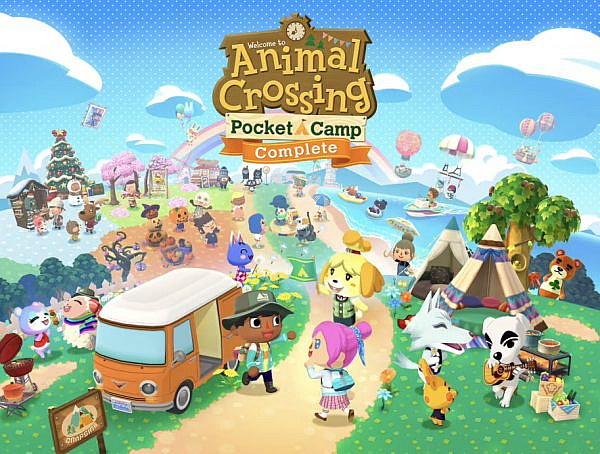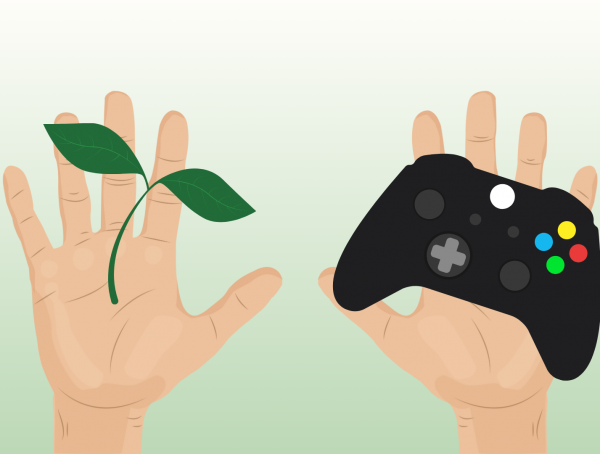When COVID-19 came into town and put people all around the globe into lockdown, many lost the structure of their daily routines. At the same time Nintendo released their latest addition to the Animal Crossing game franchise: Animal Crossing: New Horizons (ACNH). Chris Comerford from University of Wollongong describes ACNH as ”a real-time life simulator, set on a deserted island where the player character is tasked with turning the island into a beautiful, thriving community for its in-game residents and for other players to visit.” According to Comerford, the game’s various play styles and daily activities have given an outlet for socialization and self-expression for people stuck in isolation.
Inspired by his own gaming experience, Chris Comerford sought out other ACNH players from all around social media to participate in his study of the game’s effect on the players’ daily lives. He ended up with nearly two thousand (n=1898) participants who filled out both qualitative and quantitative surveys on their experiences with ACNH within the context of the current pandemic. Based on the answers given, the participants represent a heavily-invested player base: most of them had played ACNH almost daily during lockdown (n=1441).
The goal of the study was to examine the game as a stabilising agent and a substitution for everyday routines for the players during the pandemic, and the questions centered around the roles the players had created for themselves through the game. Players seemed to assume various roles within the game based on their interests, such as focusing on decorating, designing clothes or gardening – the game doesn’t force its players to choose between roles, so players are able to switch from one activity to another with no issue.
Many of the participants of the study expressed that the game had helped their mental wellbeing during the isolation and lack of regular routines. More social players have sought out alternatives to physical social interaction through ACNH and its online communities, while more introverted players get satisfaction from keeping up with the various in-game tasks.
The activities performed in ACNH by players aren’t restricted to regular daily routines. Comerford notes that ”the game … provided an alternative location for traditional rituals that have taken or were supposed to take place during lockdown.” These sorts of rituals include for example anniversary celebrations, weddings and even memorials.
ACNH seems to help people cope with the current global crisis that affects our daily lives and relationships. The game encourages both social interaction and individual activities that paired with its real-time clock make it a useful form of serious leisure, providing the player with both escapism from the pandemic and grounding them to performing daily routines to give structure to the chaos. Comerford concludes that ACNH and the personas it creates are often prosocial and agentic, helping players find community from each other as well as let them express themselves individually.
Source article:
Comerford, C. (2021). Coconuts, Custom-Play & COVID-19: Social Isolation, Serious Leisure and Personas in Animal Crossing: New Horizons. Persona Studies, 6(2), 101–117. https://doi.org/10.21153/psj2020vol6no2art970
Featured image: Promotional image of Animal Crossing: New Horizons. ©Nintendo
You might also like
More from Game Research Highlights
How do you want to do this? – A look into the therapeutic uses of role-playing games
Can playing RPGs contribute positively to your wellbeing? A recent study aims to find out how RPGs are being used …
Eldritch horrors and tentacles – Defining what “Lovecraftian” is in games
H.P. Lovecrafts legacy lives today in the shared world of Cthulhu Mythos and its iconic monsters. Prema Arasu defines the …
Are Souls Games the Contemporary Myths?
Dom Ford’s Approaching FromSoftware’s Souls Games as Myth reveals the Souls series as a modern mythology where gods fall, desires …















